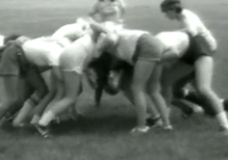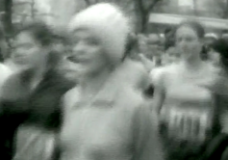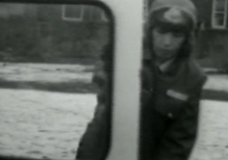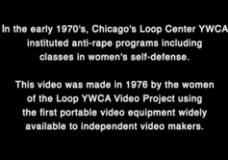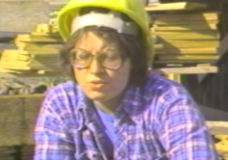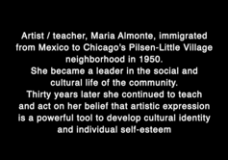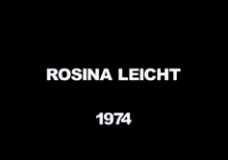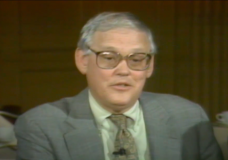Chicago, Communities, Eleanor Boyer, Latinx, Videomakers
Maria Almonte immigrated from Mexico to Chicago’s Pilsen–Little Village neighborhood in 1950. An
artist/teacher, she supported her family from her flower shop business and became a leader in the
educational and cultural life of the community. She taught traditional arts, crafts, and practical skills
like dress-making in settlement houses, in community workshops and in her own studio. At the age of
70 she continued to teach and act on her belief that artistic expression is a powerful tool for
developing cultural identity and individual self-esteem. The video shows Ms. Almonte in community-
sponsored workshops teaching neighborhood residents how to make traditional cut-paper ornaments
and how to design clothing. In the hall of a local church her students model their creations and receive
recognition. Produced, directed and edited by Eleanor Boyer and Karen Peugh. Partially funded by
the Illinois Arts Council and the Center for New Television with a Joyce Foundation grant.
Gold Can Award, Chicago Access Corporation, 1986; Certificate of Merit, Chicago International
Film Festival, 1984

